Join Taiwo Oyedele on Saturday 14 April 2018 and other eminent speakers - Darrell McGraw, Gina Oleghe and Africanfarmer Mogaji at Impact Africa Foundation Mentorship Seminar. We will discuss, share experiences and provide insights on practical life issues including:
- Becoming a person of your dream
- Enhancing Your Leadership Capacity: How to lead yourself and others for result
- Developing Entrepreneurship Mindset: Recognizing opportunities and managing challenges of running a business
- Personal Development: Being the best version of yourself
- Employability skills: Insights to make you stand out in the crowded labour market
Lead with Taiwo Oyedele is a quarterly mentorship seminar designed as a platform to bring youths together for the purpose of networking and to learn from seasoned professionals from different fields so as to help them build their capacity and to maximize their potential. The seminar focus on four major areas: leadership, entrepreneurship, employability skills and personal development.
Attendance is #FREE but subject to pre-registration as spaces are limited. Register here bit.ly/leadwithtaiwo to attend or join live on Facebook facebook.com/taiwo.oyedele
#LEADwithTaiwo
#Mentoring
#networking
#leadership
#impactinglives
#makingadifference
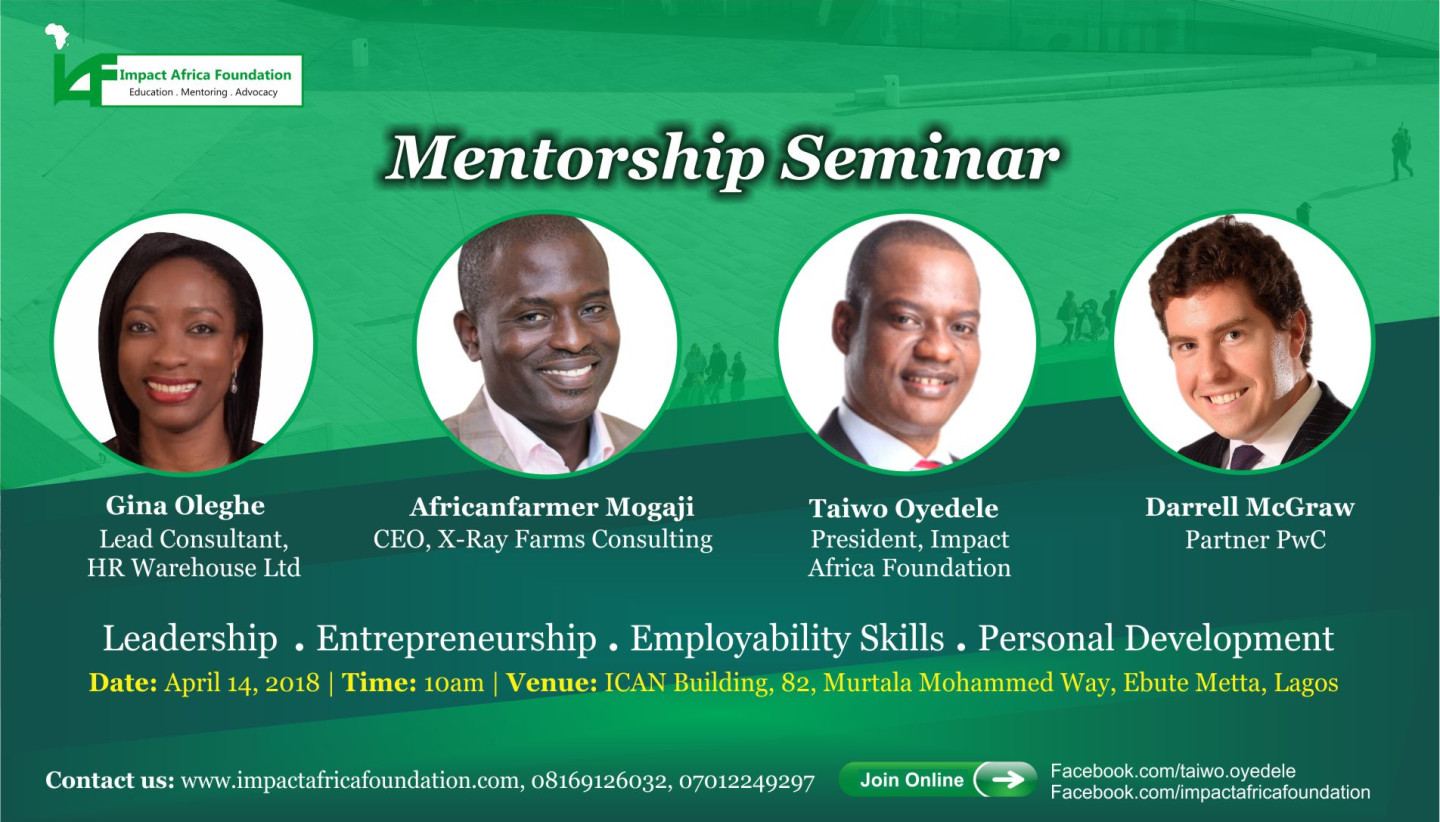
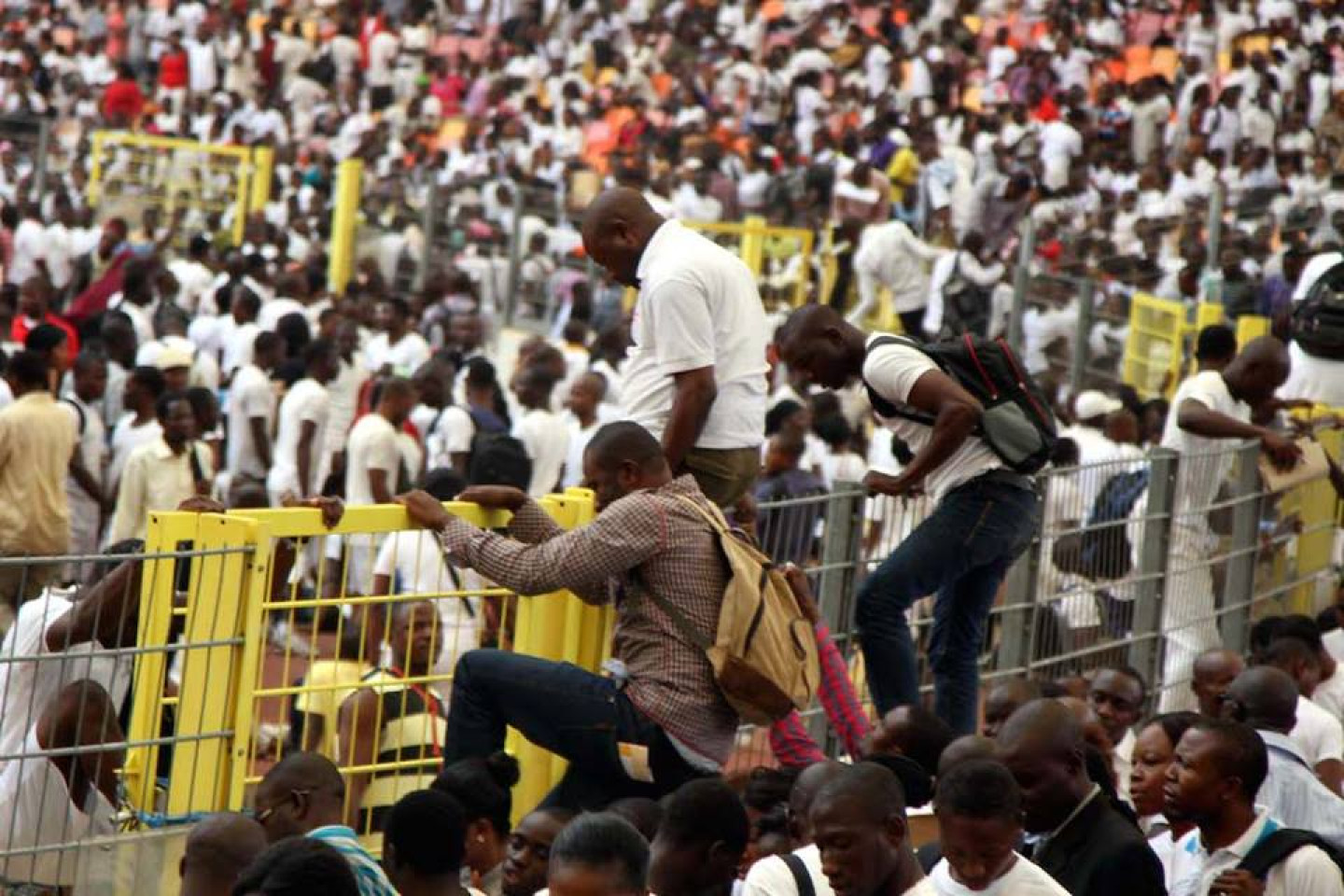
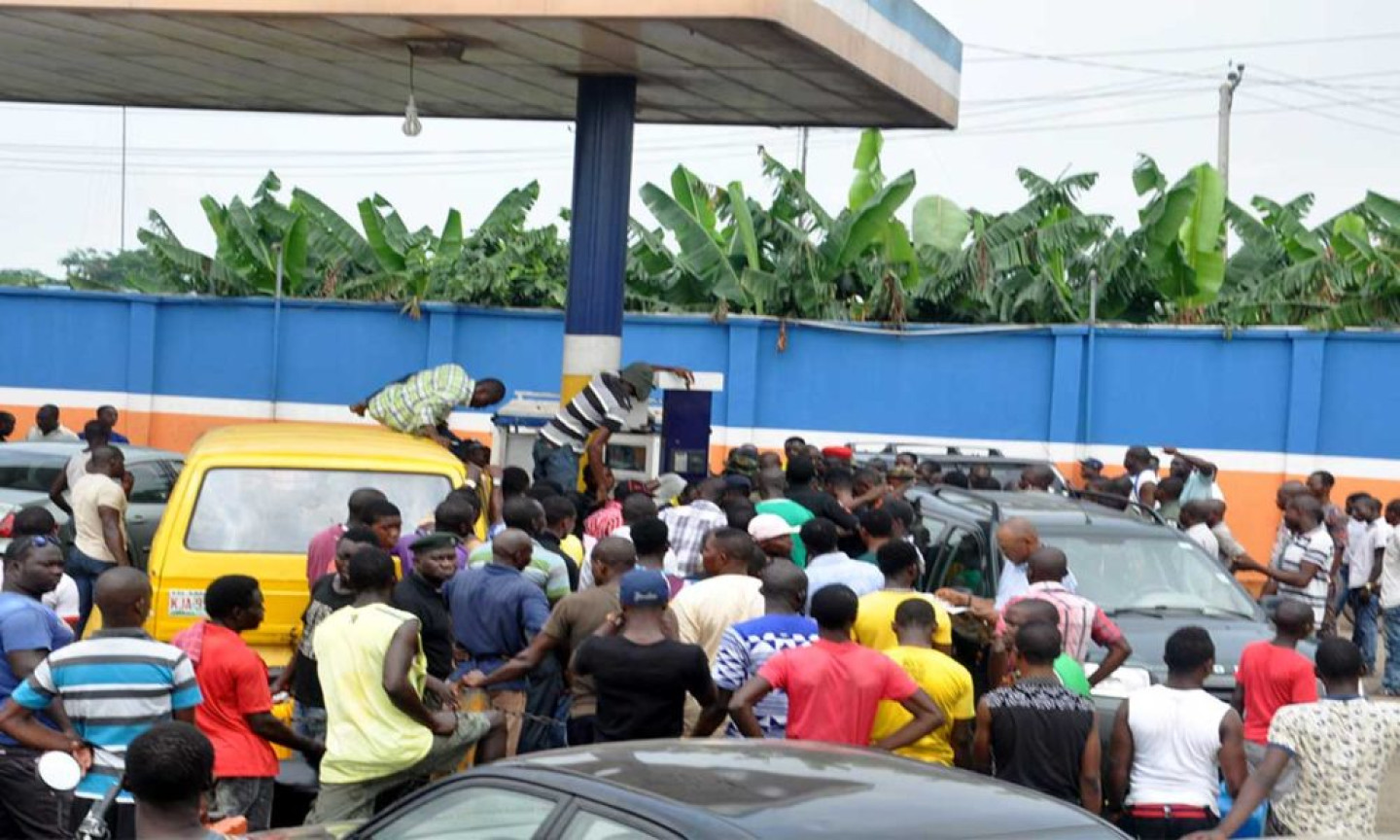
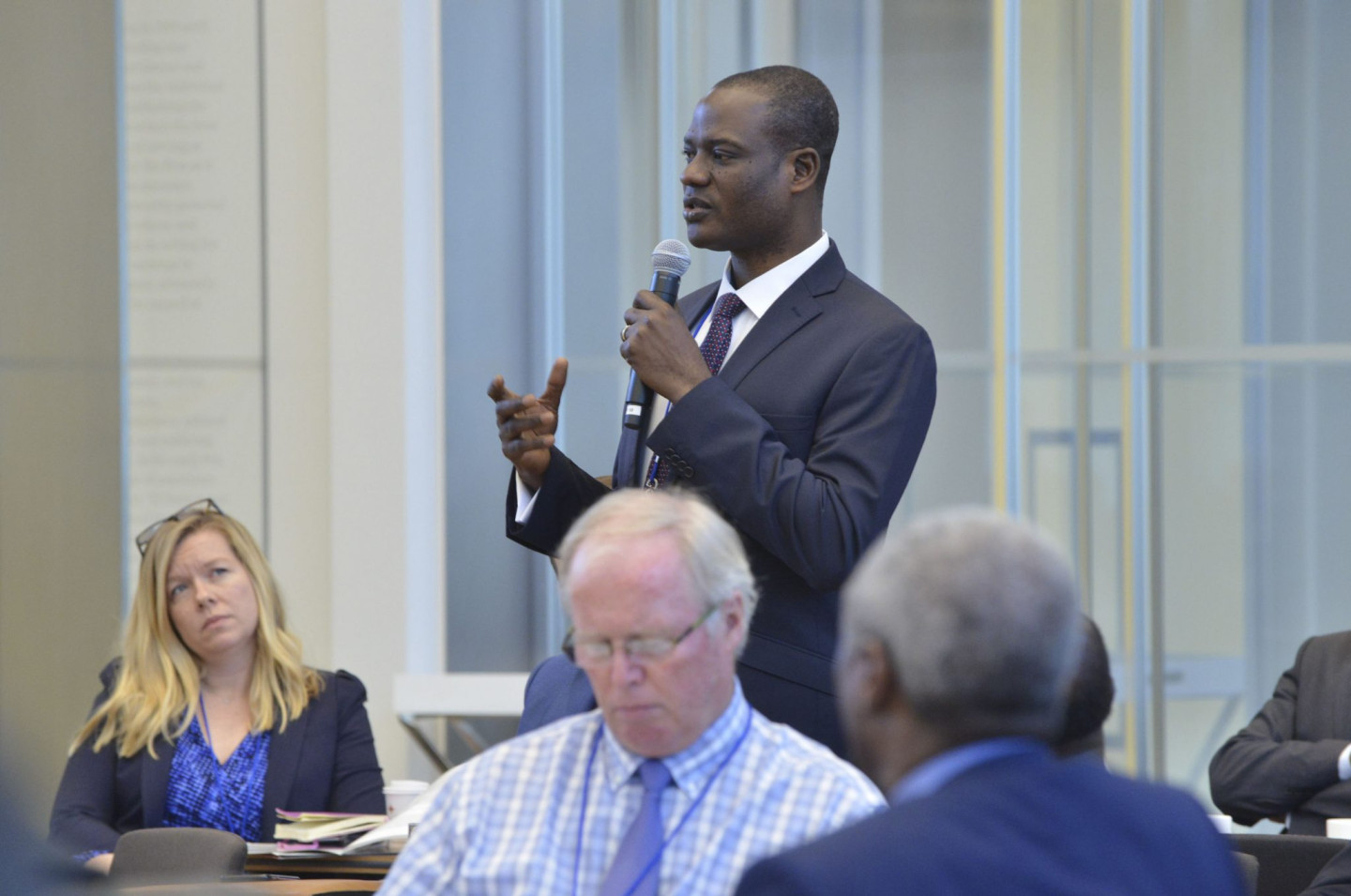
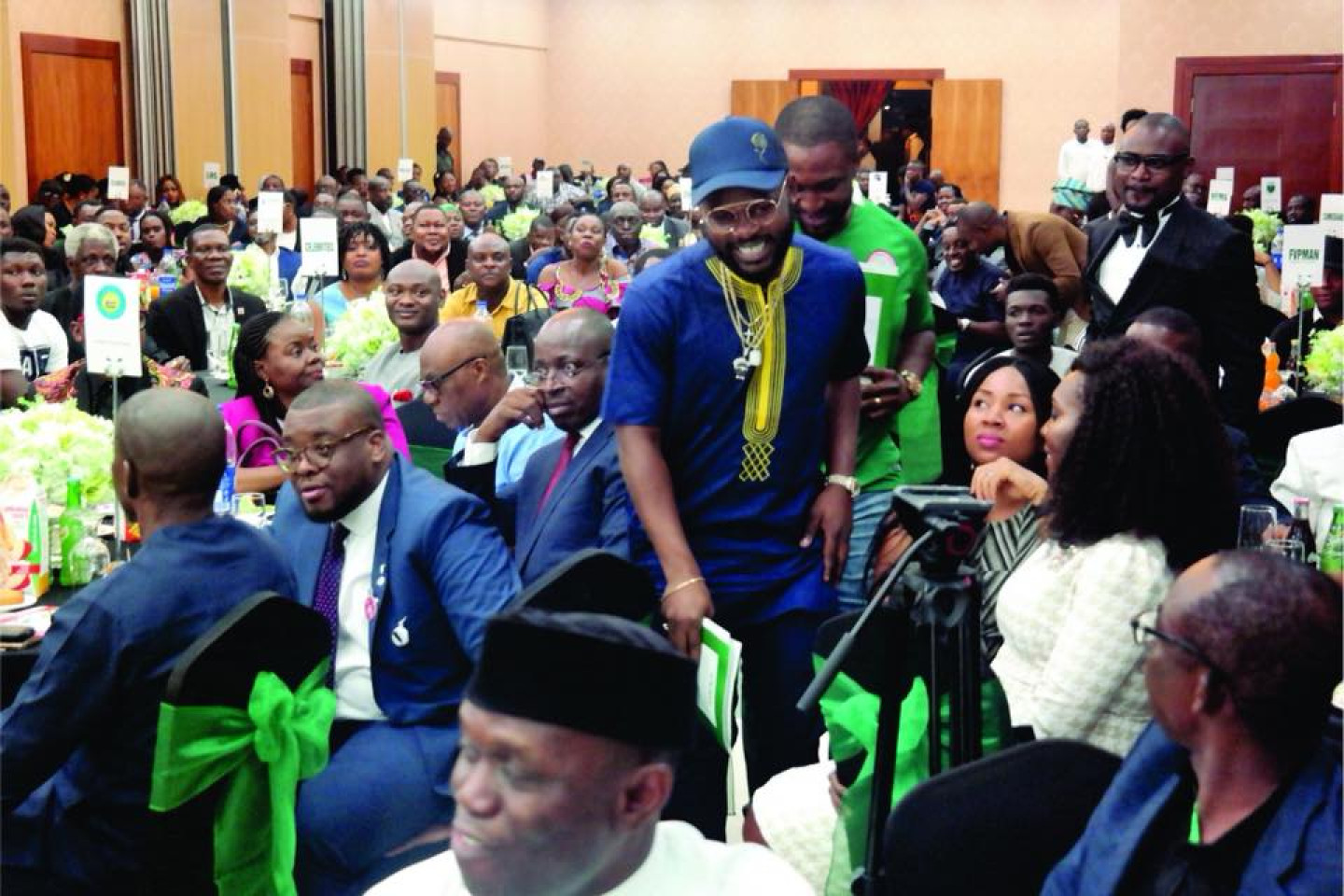
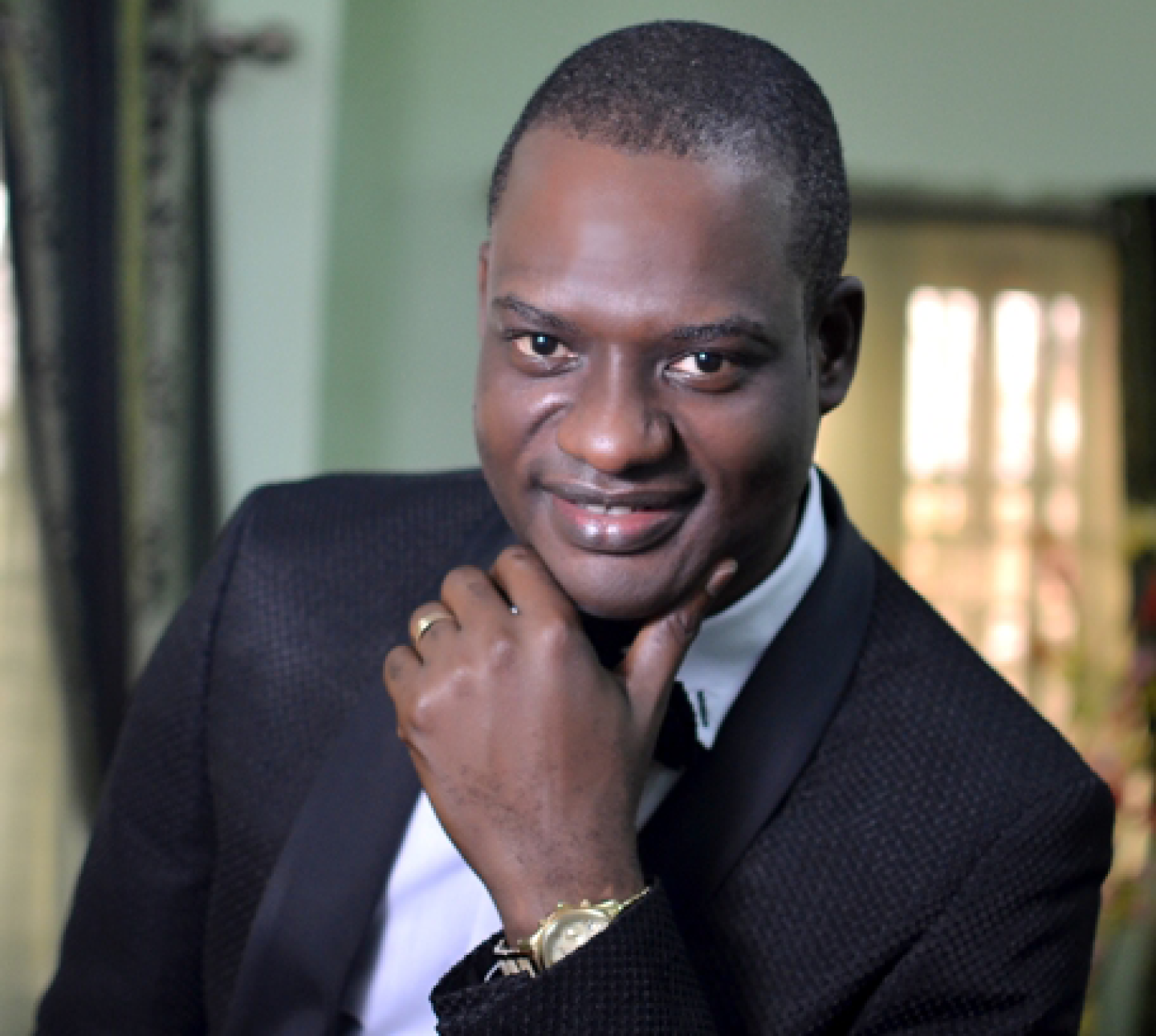
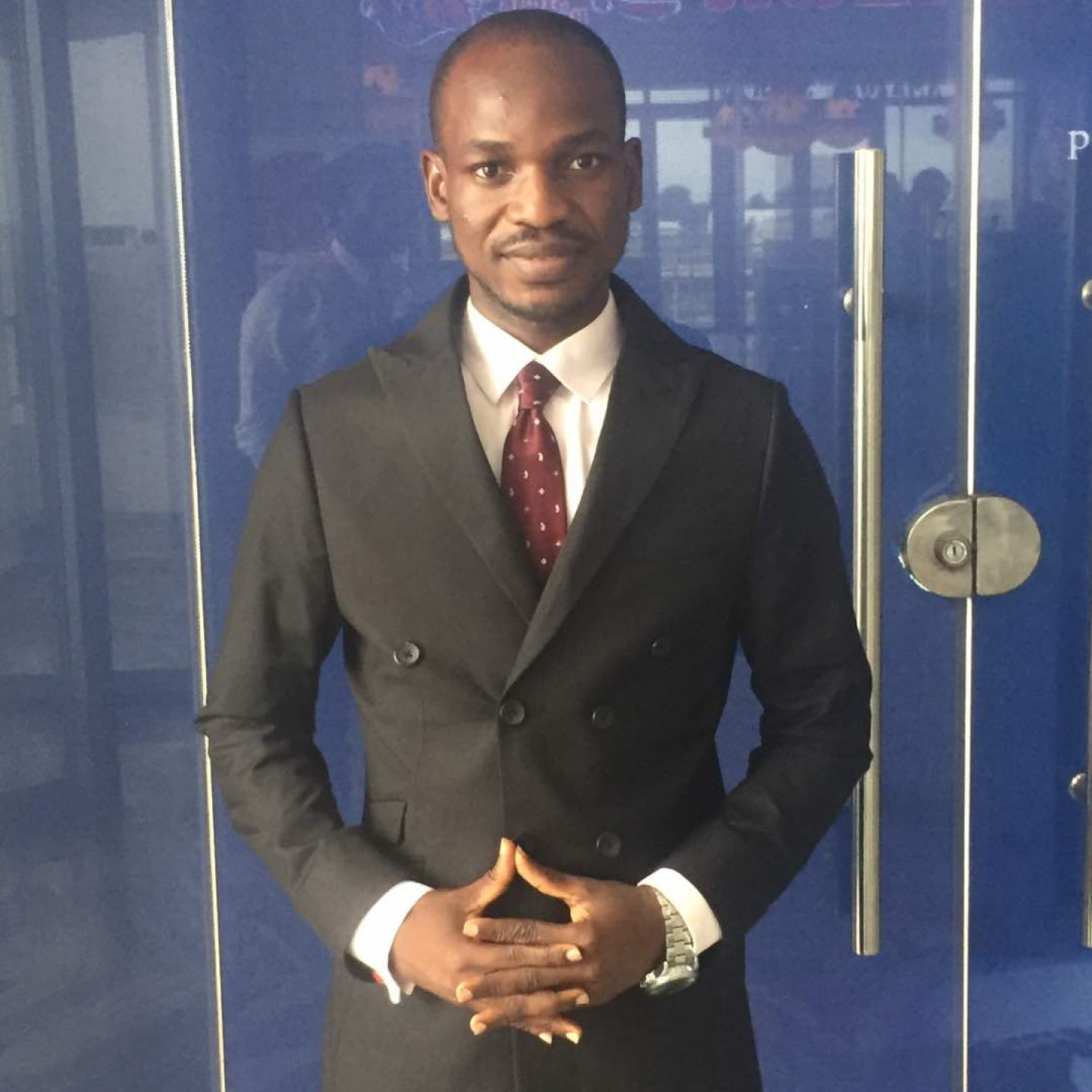
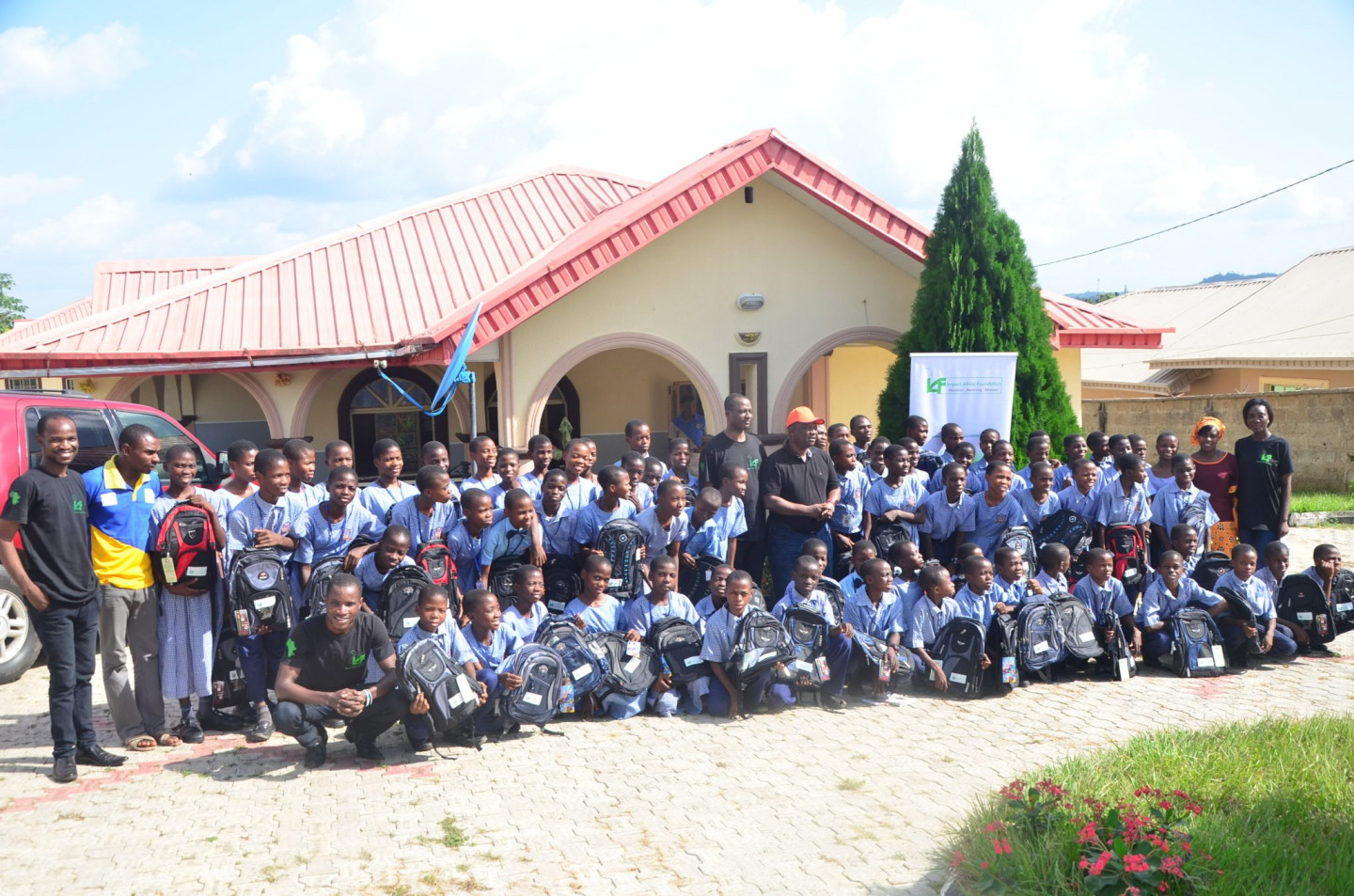





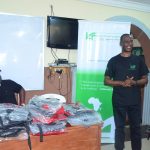

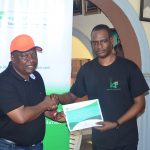
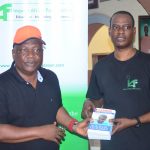






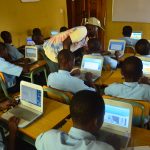

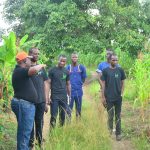
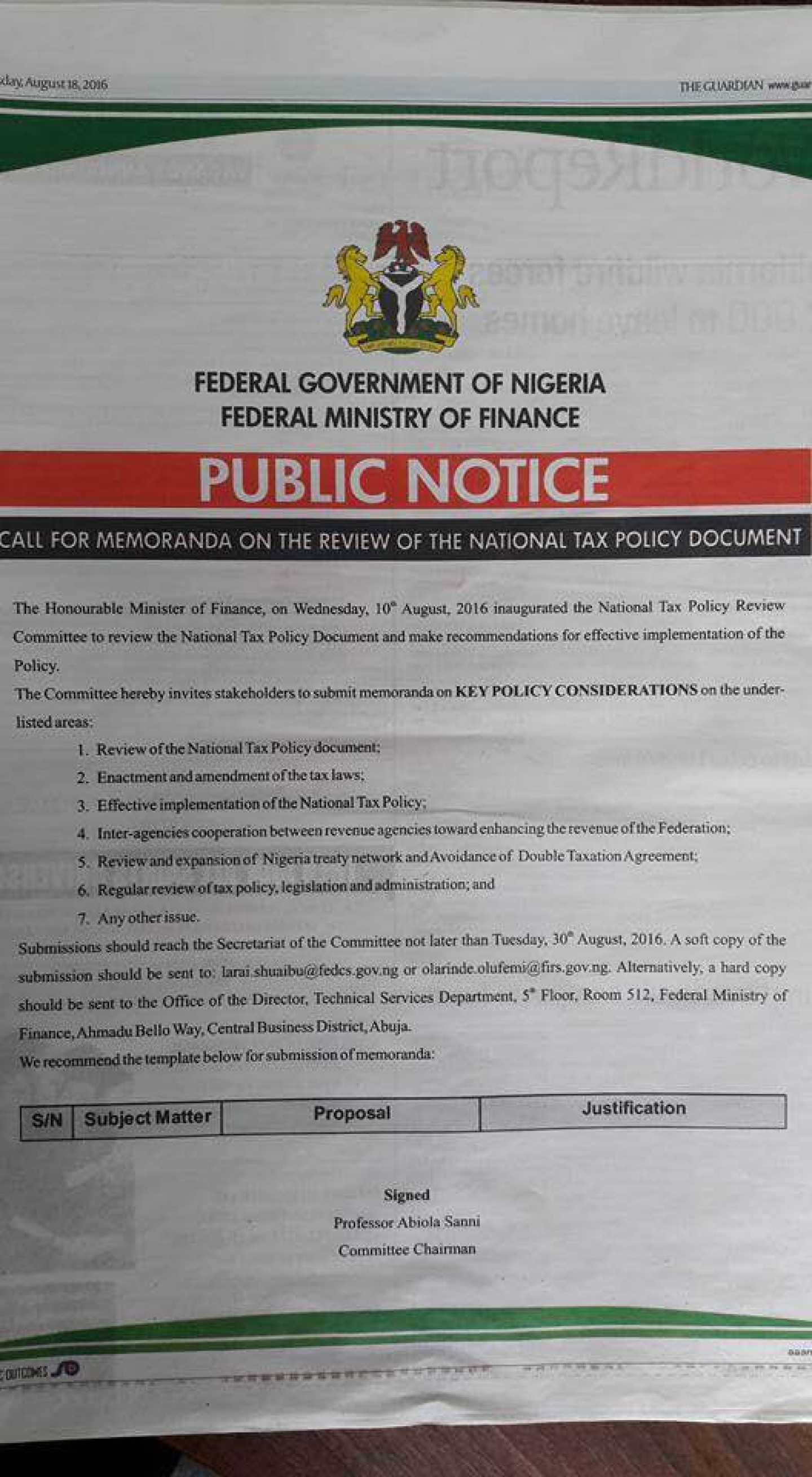


Recent Comments